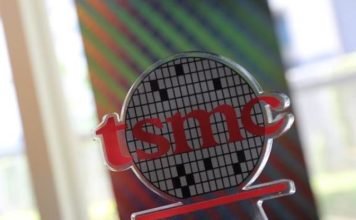Intel and Toyota announced their
partnership for conducting research to enable new usage models for mobile
device connectivity in the car.
Their joint research will focus on
developing user interaction methodologies including touch, gesture and voice
technologies as well as information management for the driver.
The connected car is the third-fastest
growing technological device, following smartphones and tablets.
Intel and Toyota will define
next-generation in-vehicle infotainment (IVI) systems that will enable new
usage models for mobile device connectivity in the car.
The connected car is the third-fastest
growing technological device, following smartphones and tablets. With the car
becoming an extension of today’s digital lifestyle, Intel and Toyota are
working together to adapt features that drivers and passengers use in the
latest consumer electronic devices to an automotive environment, according to
Mobile Future.
“Intel has been conducting research related
to the connected car for years, and with the support of Toyota will extend that
research to advanced services that will benefit the driver and passengers in
many ways,” said Staci Palmer, general manager of Intel’s Automotive Solutions
Division.
As technology converges with the car,
silicon solutions serving the infotainment and telematics market are expected
to rise from $5.6 billion in 2010 to $8.7 billion in 2018.1 Intel and Toyota
aim to integrate advanced technologies in the vehicle in a more intuitive
manner that reduces driver distraction.
“Toyota aims to lead the future mobile
world through integration of vehicle, home and information communication
technologies as announced in the -Toyota Global Vision’ earlier this year,” said
Kenichi Murata, project general manager, Electronics Development Div. 1, Toyota
Motor.
By Telecomlead.com Team





